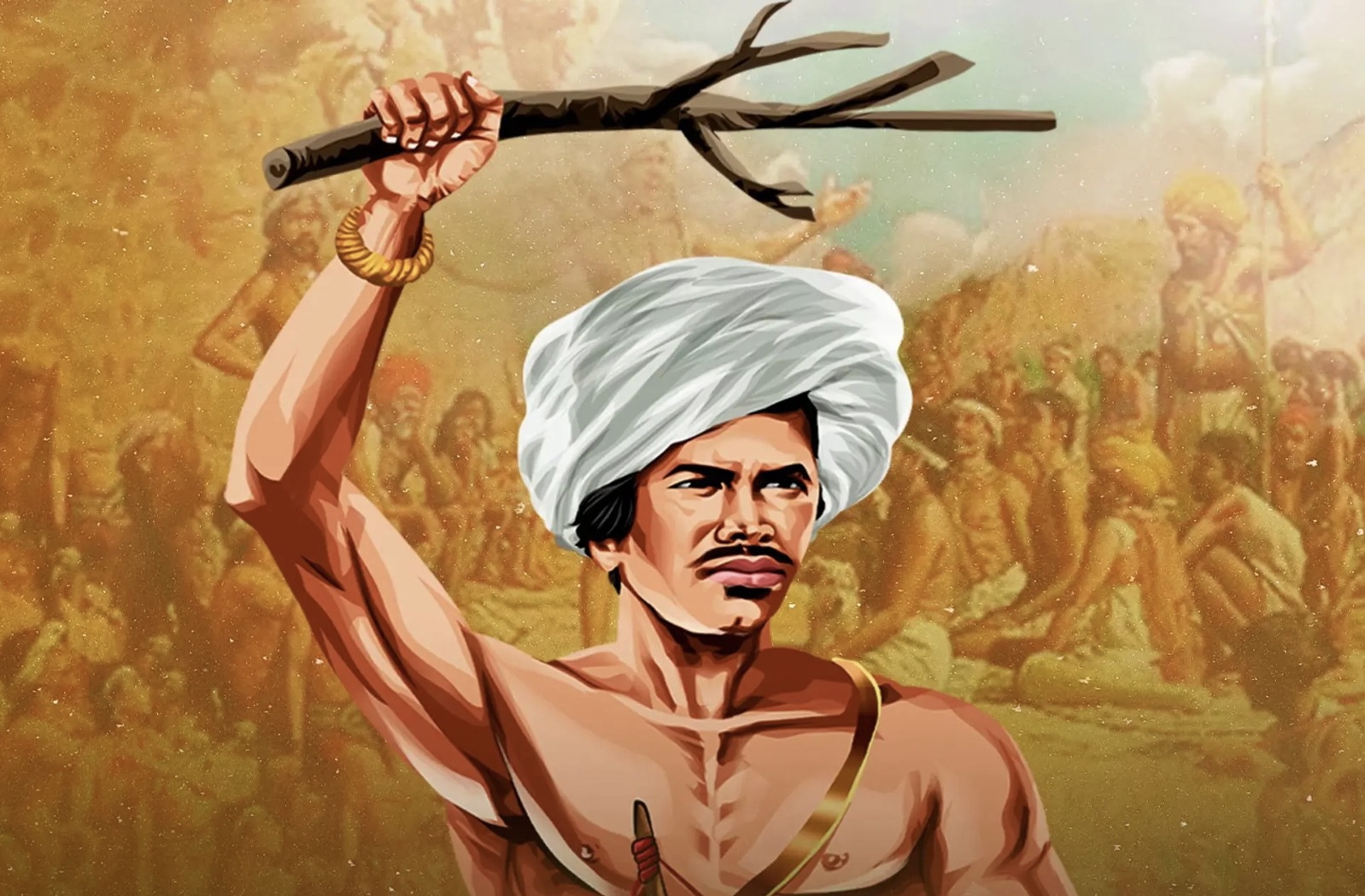Tribal Leaders Apprise Government of Long-Pending Demands
The Call for Rehabilitation and Rights Recognition
Representatives from various tribal communities in Hunsur, HD Kote, and surrounding regions have once again united to press the government for the urgent rehabilitation of forest-dwelling tribes. V. Muttaiah spearheaded the group, which recently met with T. Yogesh, the Director of the Department of Tribal Welfare. They submitted demands that have been lingering for years, yet await action.
Muzaffar Assadi Committee Report
The High Court of Karnataka initiated steps that resulted in a comprehensive report ten years ago, identifying 3,418 families in need of rehabilitation.
Despite its submission a decade ago, the recommendations of the Muzaffar Assadi Committee have not been implemented. The report emphasizes planning strategic rehabilitation and imparting necessary skill sets to improve the beneficiaries' socio-economic conditions.
Internal Reservations and Forest Rights Act
The tribal leaders urge the government to extend internal reservations to forest-dwelling tribes. Currently, non-forest-dwelling communities classified as scheduled tribes are reaping the benefits, marginalizing forest-dwellers, who remain without representation to voice their grievances.
- Implementation of the Forest Rights Act.
- Distribution of title deeds recognizing forest land rights.
- Access to ancient burial grounds and places of worship.
Tribal Education and Cultural Preservation
Tribal education is a neglected sector, with ashram schools suffering due to a lack of permanent educators. This hindrance has prompted tribal representatives to submit a memorandum requesting improvements. S. Sreekanth from Development through Education, an NGO based in Hunsur, advocates for establishing a tribal university at Kallabetta to document and preserve tribal culture.
 Image Source : The Jaipur Dialogues
Image Source : The Jaipur Dialogues
Panchayat Extension to Scheduled Areas Act (PESA)
A critical demand from the adivasis is to notify the Panchayat Extension to Scheduled Areas Act (PESA) of 1996 and extend it to tribal areas in 42 taluks across 11 districts of Karnataka. This initiative aims to enhance local self-governance and empower forest-dwelling communities.
Additional Insights and Developments
The advocacy by tribal leaders reflects a broader narrative of marginalized communities striving for acknowledgment and equity. Improved educational facilities, cultural preservation, and enhanced governance mechanisms via acts like PESA can pave the way for progressive change. These efforts are critical in ensuring that indigenous communities are visible and have their rights recognized and safeguarded.
For those interested, more detailed insights can be found in related articles on Amazon and scholarly discussions on platforms like LinkedIn.
